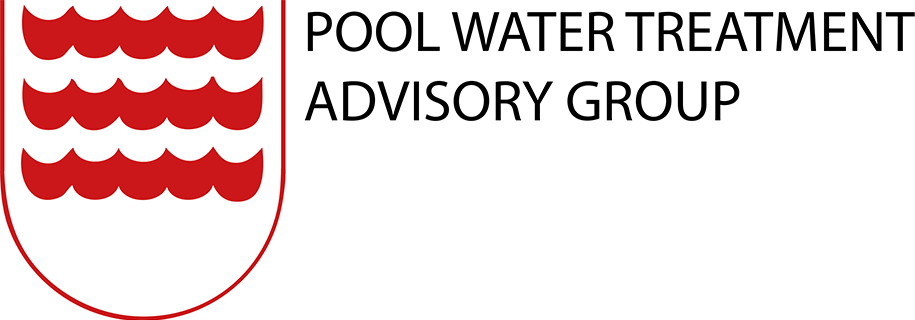PWTAG – The Pool Water Treatment Advisory Group – was established as an independent entity in December 1984.
PWTAG has a membership drawn from a wide range of relevant statutory, voluntary and professional organisations with an interest in pool water treatment and pool users.
PWTAG is able to pursue its work without any commercial or other influence. It is a focus for debate and improvement in operational and management standards in an area which comes under significant financial and political, as well as technical pressure.
PWTAG has a major role in the treatment and quality of public and private swimming pool water, through:
- monitoring and advising on important issues and developments – infections, pool management, pre-swim hygiene, new processes etc.
- reviewing existing advice and publications – on design, spa pools, cryptosporidiosis, filtration, asthma etc. PWTAG was one of the authors of the WHO guidelines on pools
- publishing books, reports, technical notes and press releases – on pool atmospheres, interactive water features etc.; and including our definitive book, Swimming Pool Water
- research projects – on Cryptosporidium filtration, etc.
- developing standards and legislation – including a BSI Code of Practice based on our book. In 2012, PWTAG produced its own Code of Practice, again based on the book, and providing a functional benchmark for pool operation, and a basis for PWTAG’s PoolMark certification
- developing training materials for pool operators, and accrediting trainers.
This work covers water in all swimming and spa pools whether under public or private ownership and management. PWTAG’s brief includes research; work on guidelines and standards; product assessment; advice to pool managers and operators as well as to local authorities (particularly environmental health), industry, etc.
Some of the issues addressed by PWTAG arise from within the group; many come from outside – either as specific requests and suggestions, or as a consequence of PWTAG’s advisory role. In general, PWTAG acts as a focus for debate and improvement in management and operational standards.
In March 2009, to coincide with the publication of the new edition of Swimming Pool Water, PWTAG Ltd was established – a company limited by guarantee. That month also saw the highly successful Pool & Spa Conference organised by PWTAG in London.
PWTAG has been actively represented at subsequent conferences in Porto (2011), Rome (2013), Amsterdam (2015) and Kos (2017).
PWTAG Mission Statement
PWTAG has a membership drawn from a wide range of relevant statutory, voluntary and professional organisations with an interest in pool water treatment and pool users.
The Pool Water Treatment Advisory Group is dedicated solely to raising standards in the pursuit of excellent, healthy bathing conditions in swimming, spa, hydrotherapy, and other pools; also interactive water features.
For more than 30 years, PWTAG has provided the industry’s definitive guidelines in print and online. In the absence of statutory guidance, PWTAG’s guidelines are widely viewed as best practice; they have been quoted in court where successful prosecutions under health and safety legislation has resulted following evidence that the guidelines have not been followed.
Given the unique influence, it is important that PWTAG conducts itself in a way that maintains the integrity of its position and protects it from significant criticism.
PWTAG Council members are elected, as the Constitution states, on the understanding that they: ‘hold appropriate qualifications and by their expertise, experience and attainments are able to contribute to satisfying the objectives of PWTAG’.
Accordingly, members are required to sign up to a commitment to making such a contribution. This commitment will also include the following code of conduct.
- All members shall present a statement of possible conflicts of interest; this forms a registration of interests, held by the secretariat and available for inspection.
- Members shall take part in PWTAG meetings as a corporate member, rather than representing their own personal interest. The over-riding emphasis of such contributions shall be the improvement of standards and public health.
- In general, members and technical advisers and its administration must restrict themselves, in public comment associated with the Group’s work, to their specialist areas.
- In public statements about the Group’s view, they must be solely and accurately reflect what the Group has formally decided and what it has published. Where possible, such statements are to be approved by the chair.
- Where personal, corporate or commercial views are expressed, it should not be stated or implied that they represent the Group’s position.
